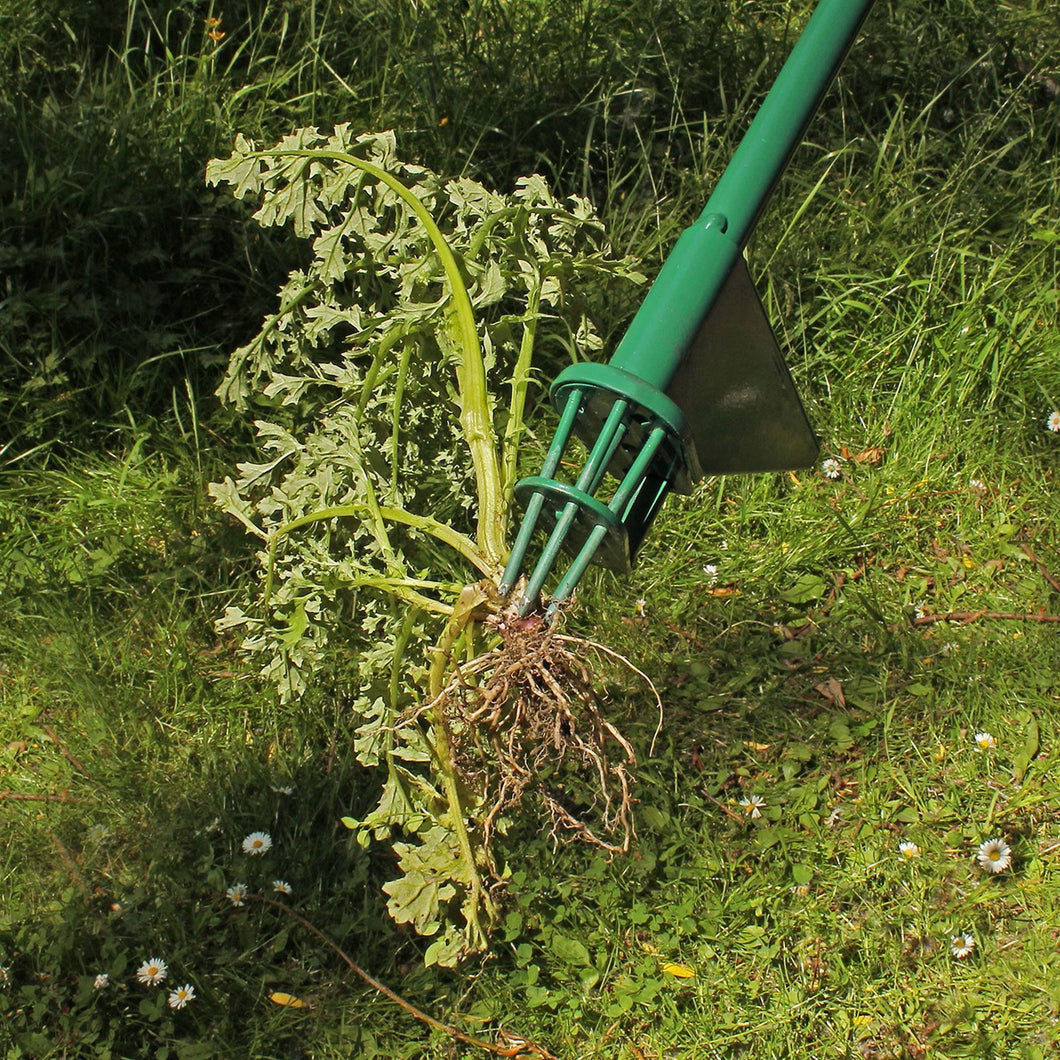


So not only does it affect the soil quality but it also prevents future growth. Because this weed killer acts on the soil, it inadvertently makes it unsuitable for growing anything else. This, in turn, prevents the weeds from ever sprouting. Pretty cool, right? Well, there’s just one problem. It works by identifying and addressing the root cause of the problem. Residual – this is also known as a pre-emergent weed killer.This way, you won’t have to worry about any weeds until the next season rolls around. They can destroy such weeds once for all. This mode of operation makes contact weed killers perfect for annual weeds like nettle, chickweed and crabgrass. So unlike the systemic variety, it doesn’t have to travel downward to kill the plant. Contact – as its name implies, this herbicide destroys weeds the minute they come into contact with it.The only drawback is that it takes a bit of time to act. This means that you can plant on the treated area after a short while. Better yet, it’s not the kind of treatment that hangs around in the soil afterward. This increases its likelihood of destroying the entire plant. A systemic herbicide is very effective against the weeds it targets. Once it’s absorbed through the foliage, it travels downward and attacks the plant from the root system. Systemic – this weed killer uses a bottom-up approach.The specific kind you choose will depend on the weeds you’re trying to eliminate and the stage of growth they’re in. Herbicides can be classified into five groups. There are a couple of points you should consider when buying a weed killer. Let’s dig in: What to Look For When Buying a Lawn Weed Killer You’ll have to mix it and apply it with a sprayer, but it’s my go-to for Crabgrass, and a range of other lawn weeds. On top of that, it’s effective against a wide range of both broadleaf and grassy weeds, so it will work for most people who have weedy lawns. First, this herbicide is safe to use on lawns as it doesn’t harm turfgrass while killing weeds effectively. One weed killer that I highly recommend and consider the best lawn weed killer is Tenacity Turf Herbicide. I’ll also share some information that will help you choose the right product for your specific lawn weed problem so that you can kill your weeds the first try.
ROOT OUT WEEDKILLER FULL
On this page I’ll share a full list of the best lawn weed killer products for different types of weed issues. Better yet, when used properly they can destroy weeds without killing lawn grass. Effective and easy to use, these chemicals can kill multiple weed species in one go. So what’s the alternative? Enter weed killers.

And though the first few days of pulling out these irksome plants can be slightly satisfying, this chore can quickly become taxing. Ever thought of tracking how much time you spend maintaining your lawn? If you have, you’d probably realize that a large chunk of your time is spent on weeding.


 0 kommentar(er)
0 kommentar(er)
